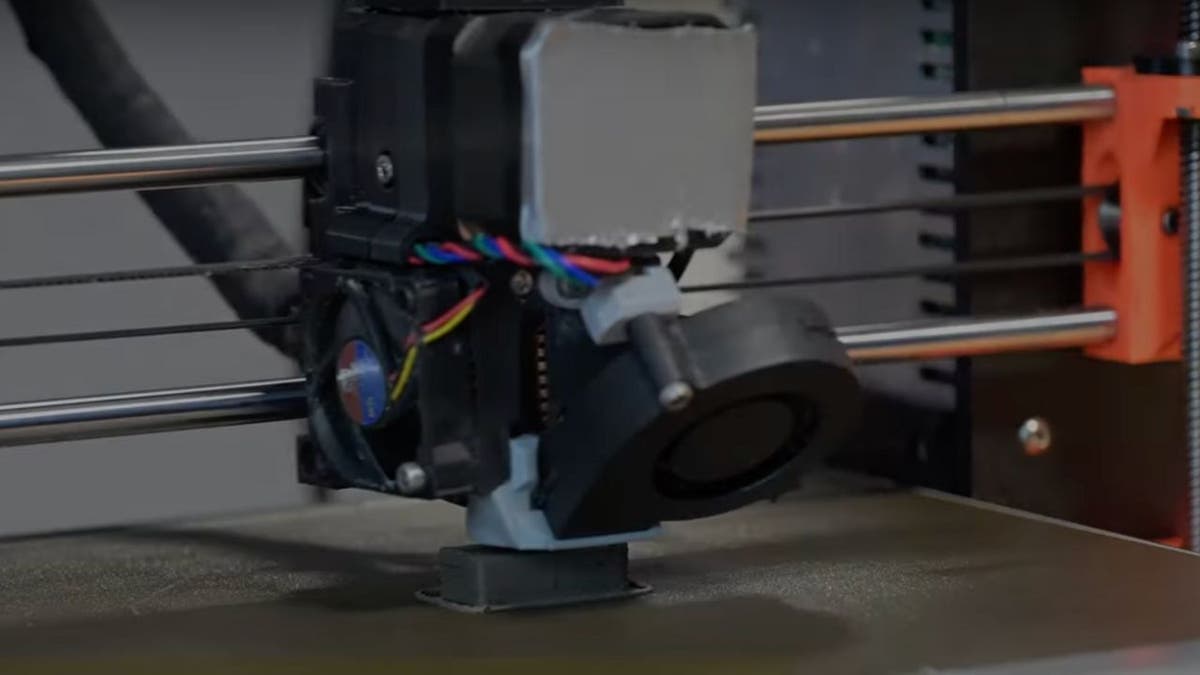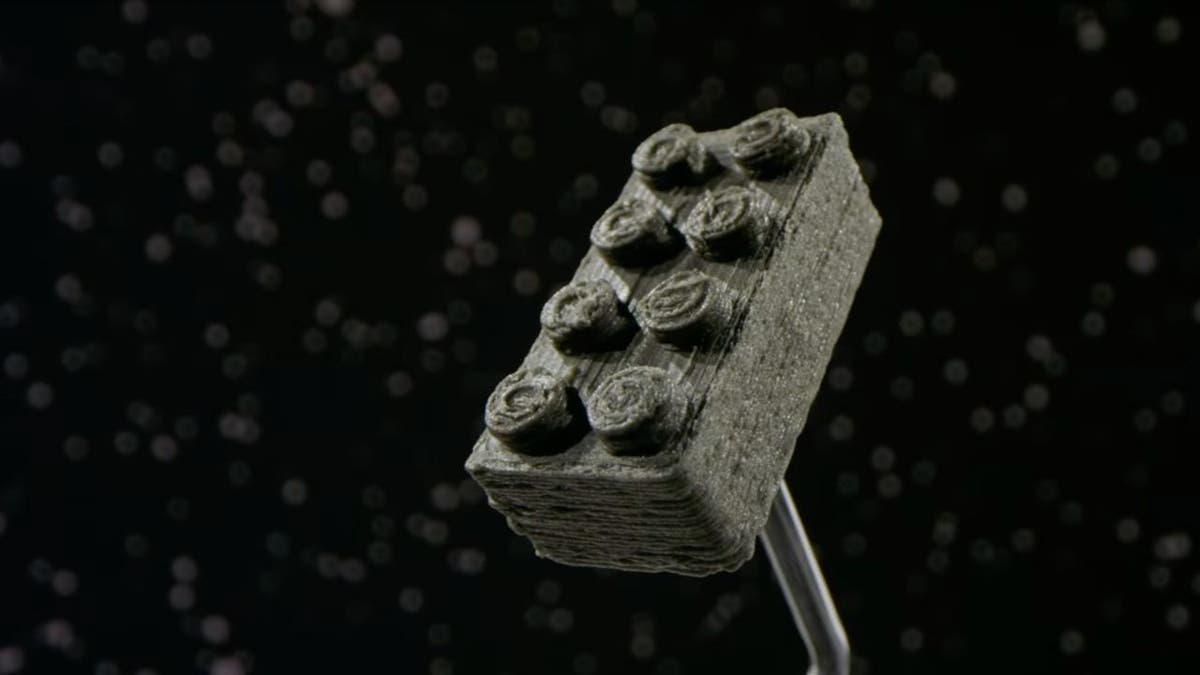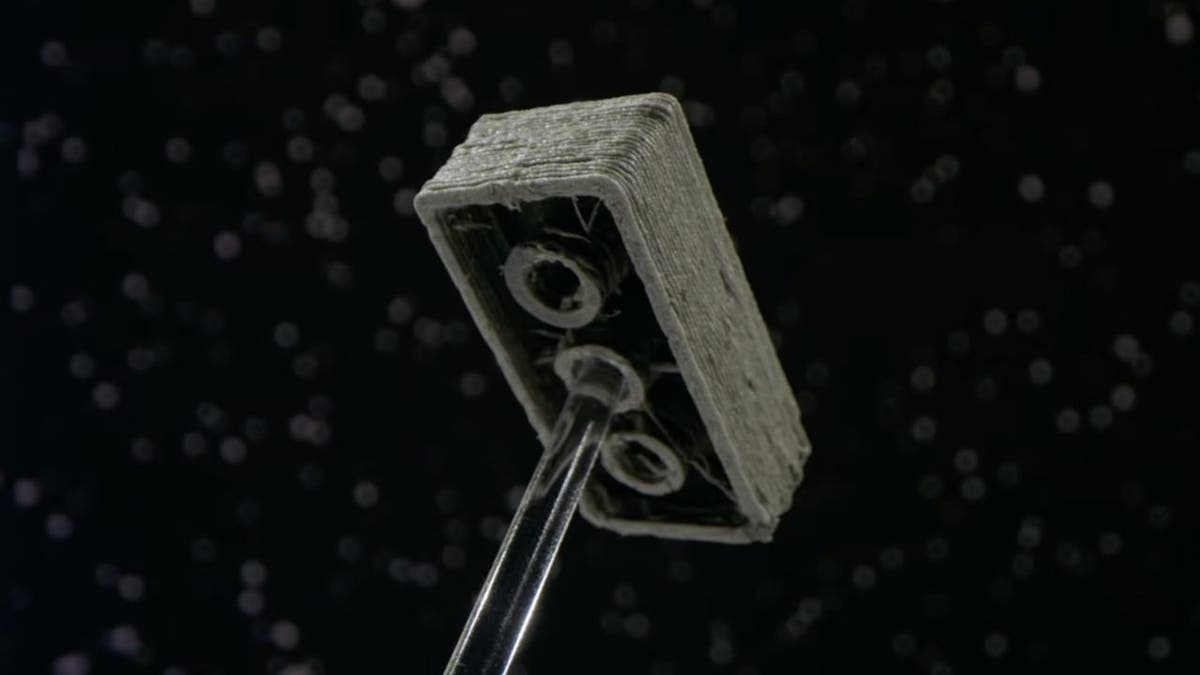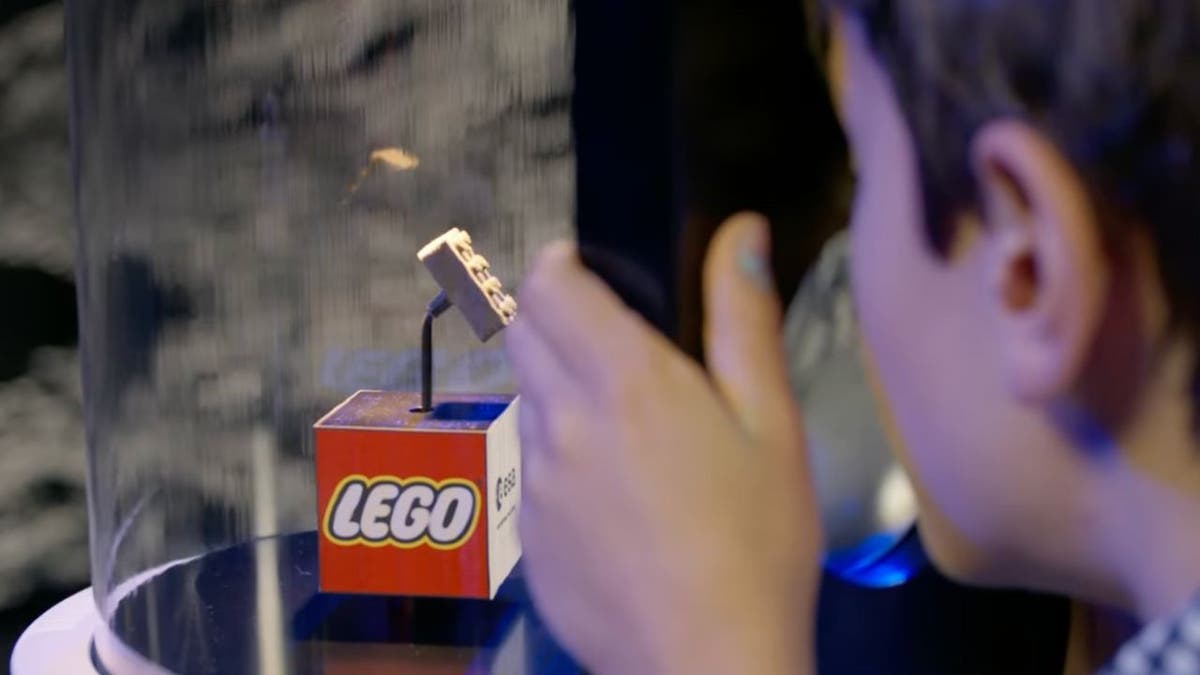The dream of establishing permanent structures on the moon has captivated scientists and space enthusiasts for decades. With the challenges of building in such an extreme environment, researchers are compelled to innovate and explore new possibilities.
One of the most exciting developments comes from the European Space Agency (ESA), which has created 3D-printed bricks inspired by LEGO, made from 4.5-billion-year-old meteorite dust.
These ESA Space Bricks represent a significant step toward sustainable lunar construction and could pave the way for future lunar settlements.
SIGN UP FOR FOR KURT’S FREE NEWSLETTER AND GET INSTANT ACCESS TO THE CYBERGUY REPORT
Building on the moon with local materials
The idea behind the ESA Space Bricks is straightforward yet revolutionary. Instead of transporting building materials from Earth, why not use the resources already available on the Moon? The lunar surface is covered in a layer of rock and mineral fragments known as lunar regolith, which could potentially be transformed into building materials. However, the challenge lies in the fact that there is very little lunar regolith available on Earth for experimentation.

A creative solution: Meteorite dust
Undeterred by the lack of lunar materials, ESA scientists devised an innovative solution. They created a synthetic version of lunar regolith by grinding up a 4.5-billion-year-old meteorite. This meteorite, discovered in Northwest Africa, is rich in space materials and served as the perfect foundation for their 3D-printed bricks. By mixing this meteorite dust with a polylactide and regolith simulant, the team successfully created bricks that mimic the properties of LEGO bricks.

NASA’S DRAGONFLY DRONE CLEARED FOR FLIGHT TO SATURN’S MOON, TITAN
LEGO-inspired space bricks
ESA’s Space Bricks are designed to interlock and click together just like traditional LEGO bricks, allowing for a range of construction possibilities. While they may appear a bit rougher and are only available in a stylish space gray, their functionality remains intact. This modular design enables scientists to experiment with various building techniques and structures, fostering creativity and innovation in lunar construction.
HOW TO REMOVE YOUR PRIVATE DATA FROM THE INTERNET

Space Bricks in a box (ESA)
SUIT UP FOR THE STARS: SPACEX’S NEW ERA OF SPACE FASHION
How ESA’s space bricks spark new ideas for building on the moon
As ESA Science Officer Aidan Cowley noted, “Nobody has built a structure on the moon, so it was great to have the flexibility to try out all kinds of designs and building techniques with our space bricks.”
This playful approach not only aids in scientific understanding but also encourages a spirit of exploration and creativity that is essential in space engineering.

GET FOX BUSINESS ON THE GO BY CLICKING HERE
Displaying the space bricks
ESA is showcasing these remarkable space bricks in select LEGO stores worldwide, from June 24 to Sept. 20 to further engage the public and inspire future generations of space engineers. This initiative aims to spark interest in space exploration and engineering among children, encouraging them to imagine and create their own lunar bases using LEGO.

Space Brick on display at LEGO store (ESA)
Kurt’s key takeaways
The development of ESA’s Space Bricks represents an exciting step forward in our journey to build sustainable habitats on the moon. By using materials found right there on the lunar surface and embracing some really creative design ideas, scientists are not just laying the groundwork for future lunar homes but also sparking the imaginations of the next generation of builders and dreamers.
CLICK HERE TO GET THE FOX NEWS APP
After reading about ESA’s Space Bricks and the potential for building on the moon, do you think you would want to live there someday? Let us know by writing us at Cyberguy.com/Contact
For more of my tech tips and security alerts, subscribe to my free CyberGuy Report Newsletter by heading to Cyberguy.com/Newsletter
Ask Kurt a question or let us know what stories you’d like us to cover
Follow Kurt on his social channels
Answers to the most asked CyberGuy questions:
Copyright 2024 CyberGuy.com. All rights reserved.